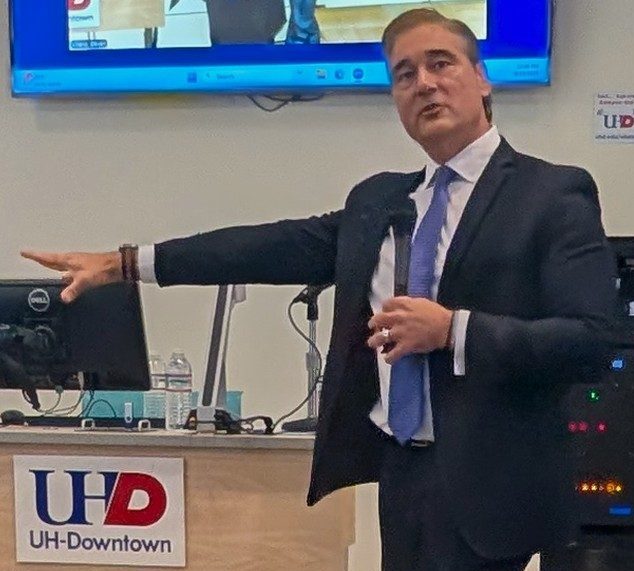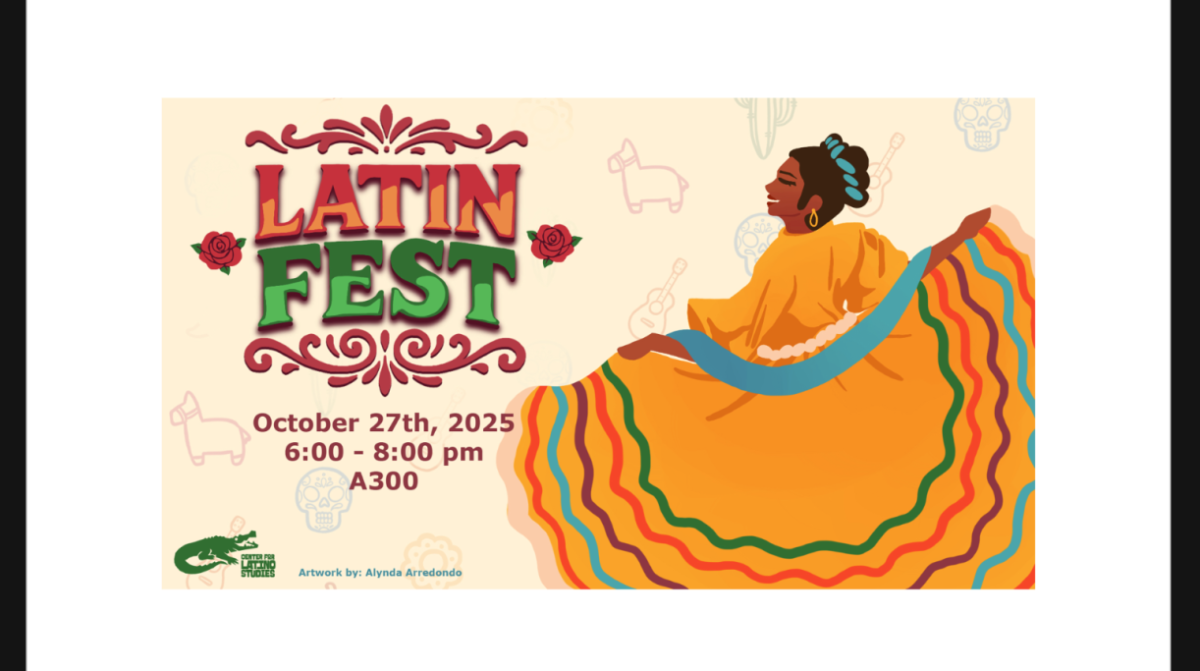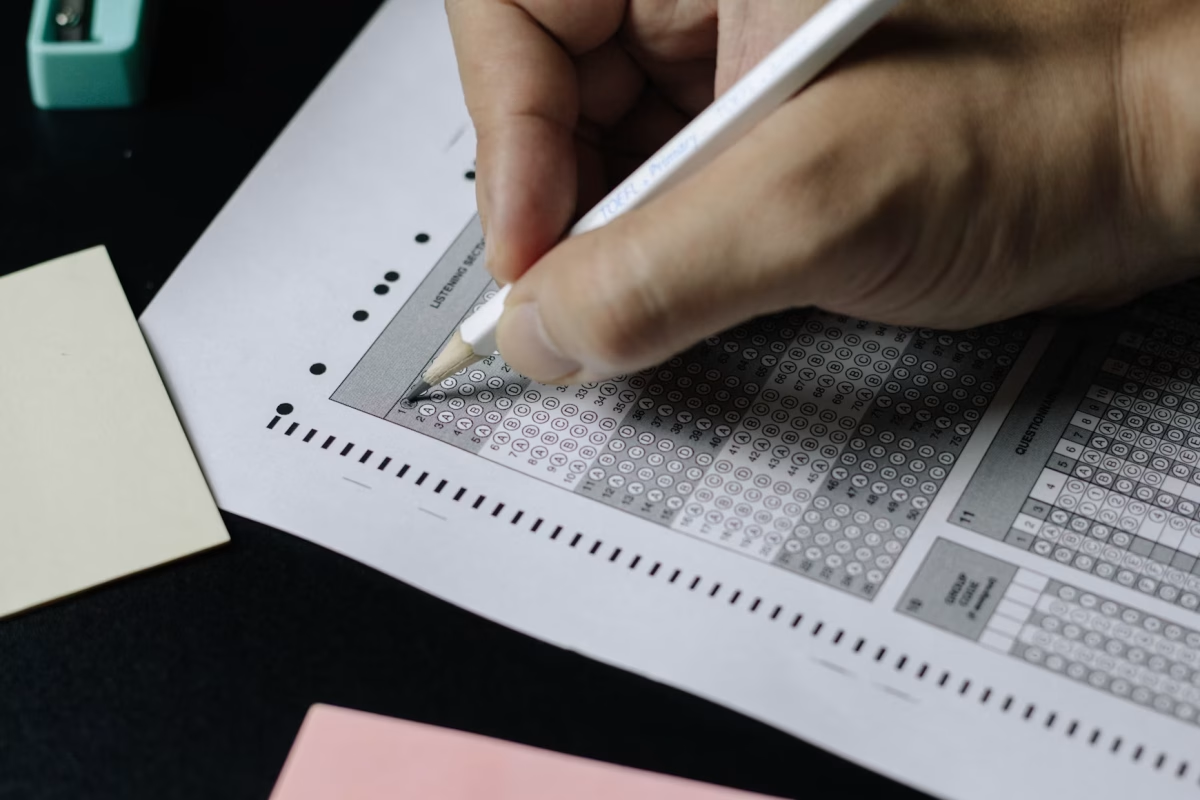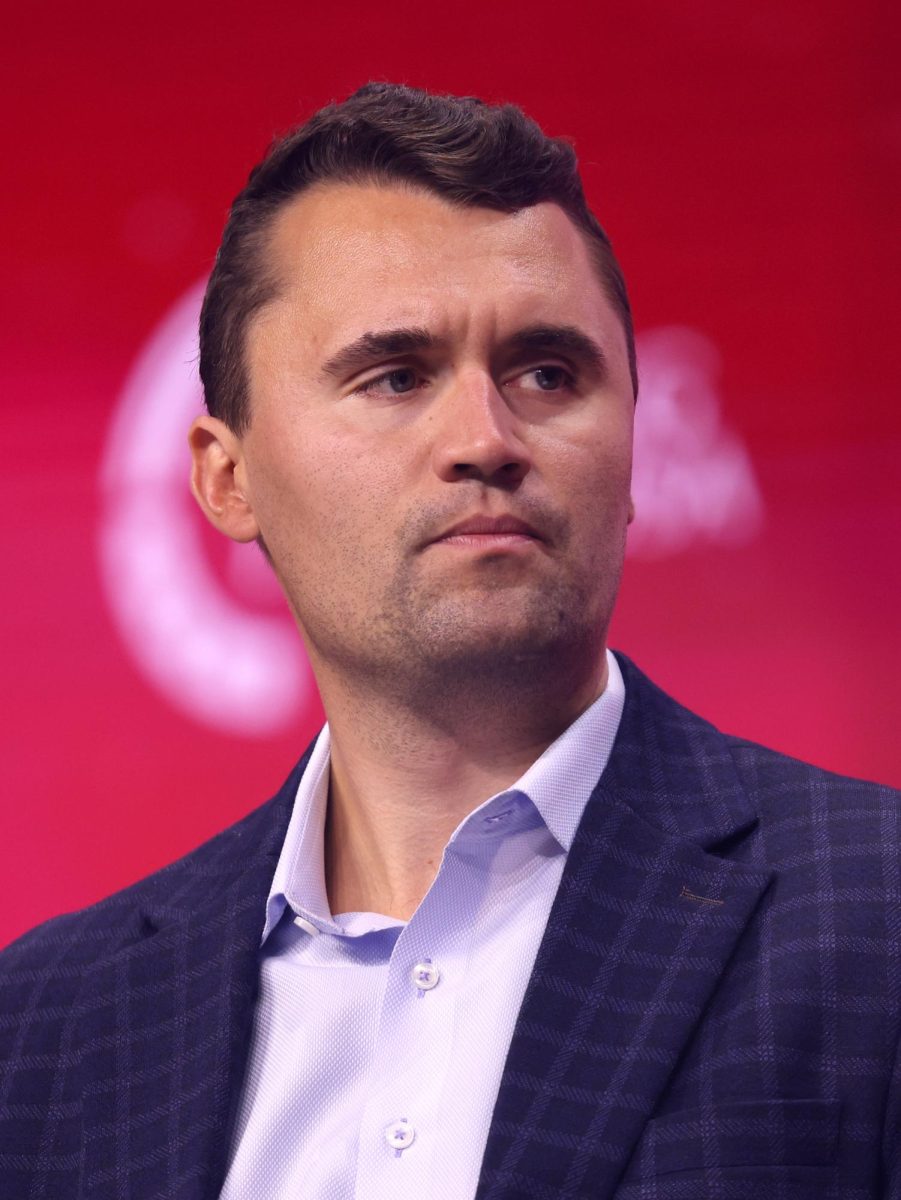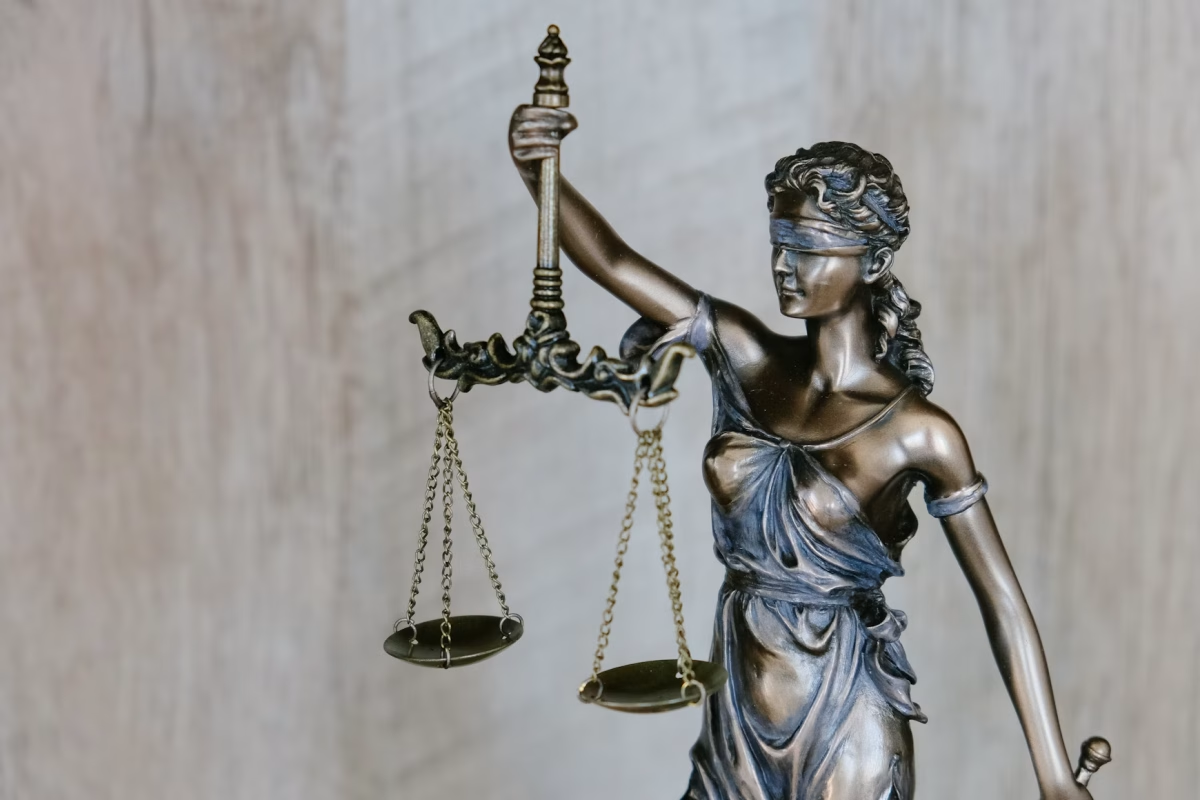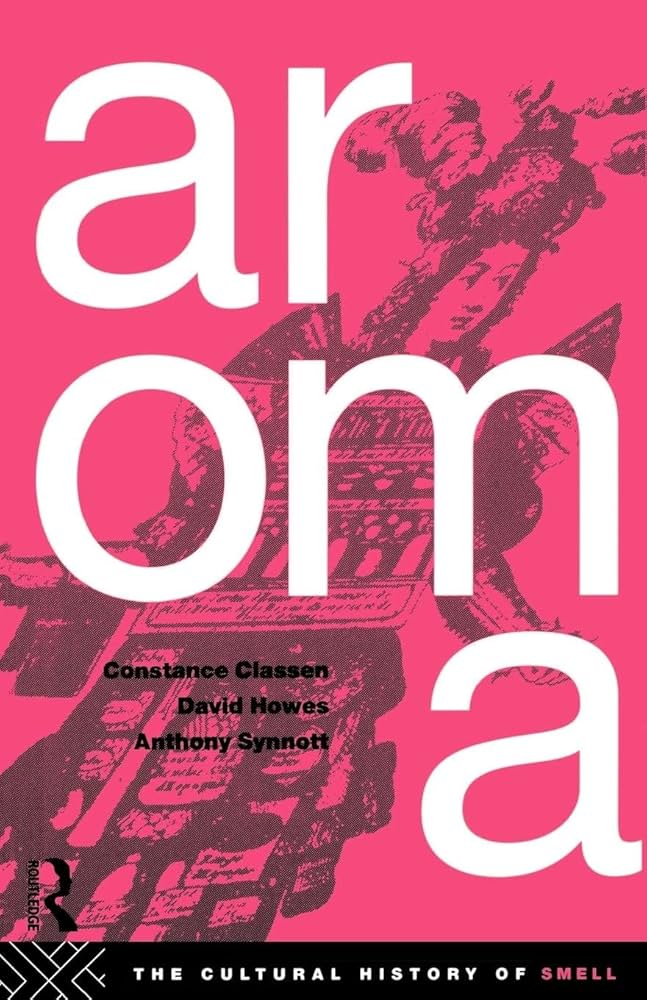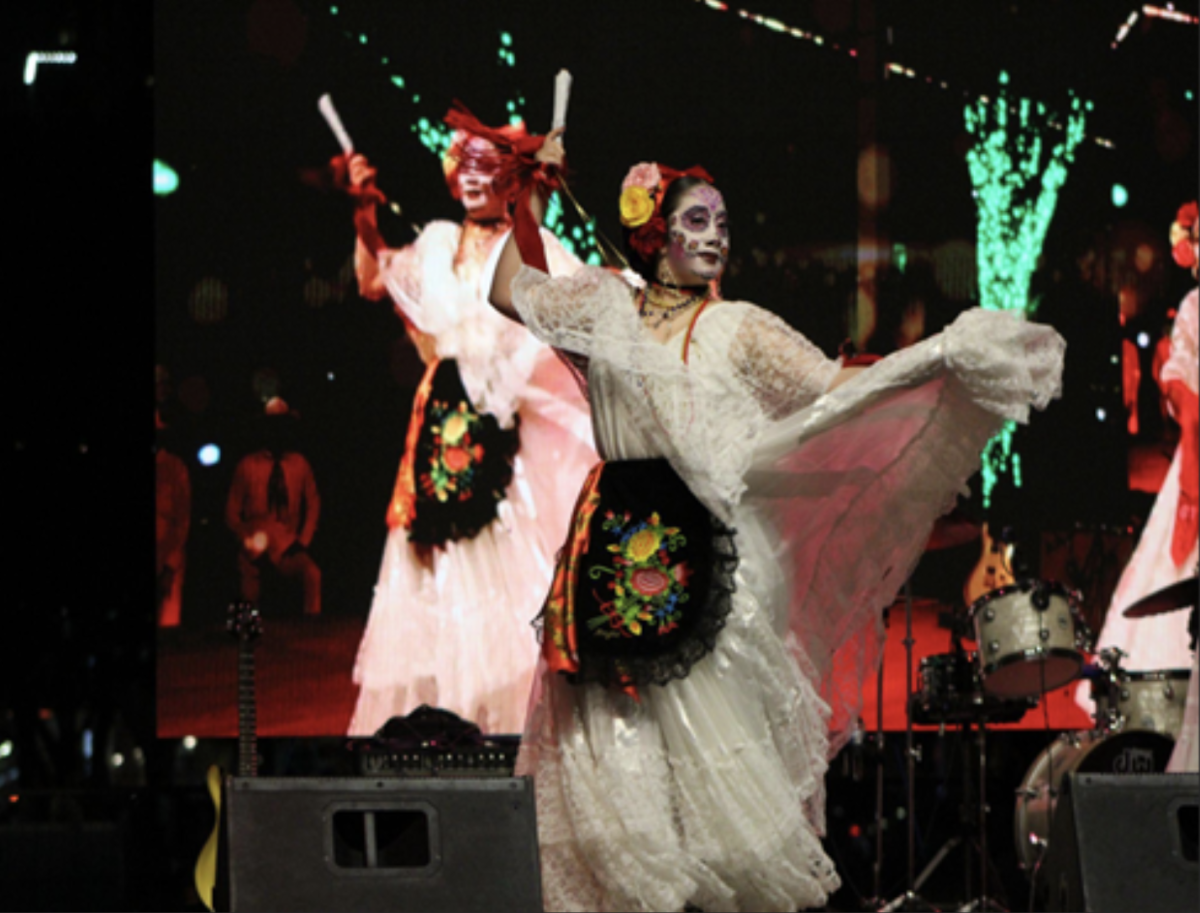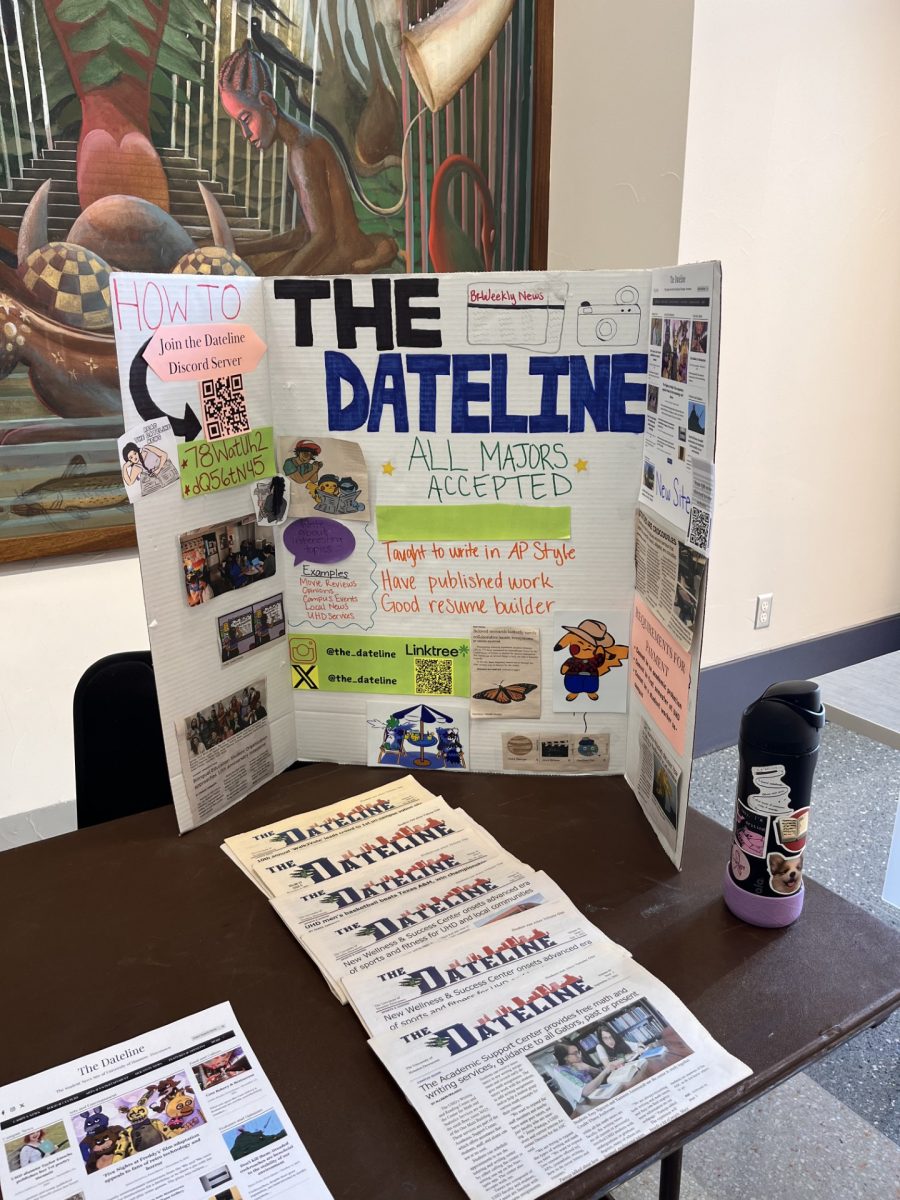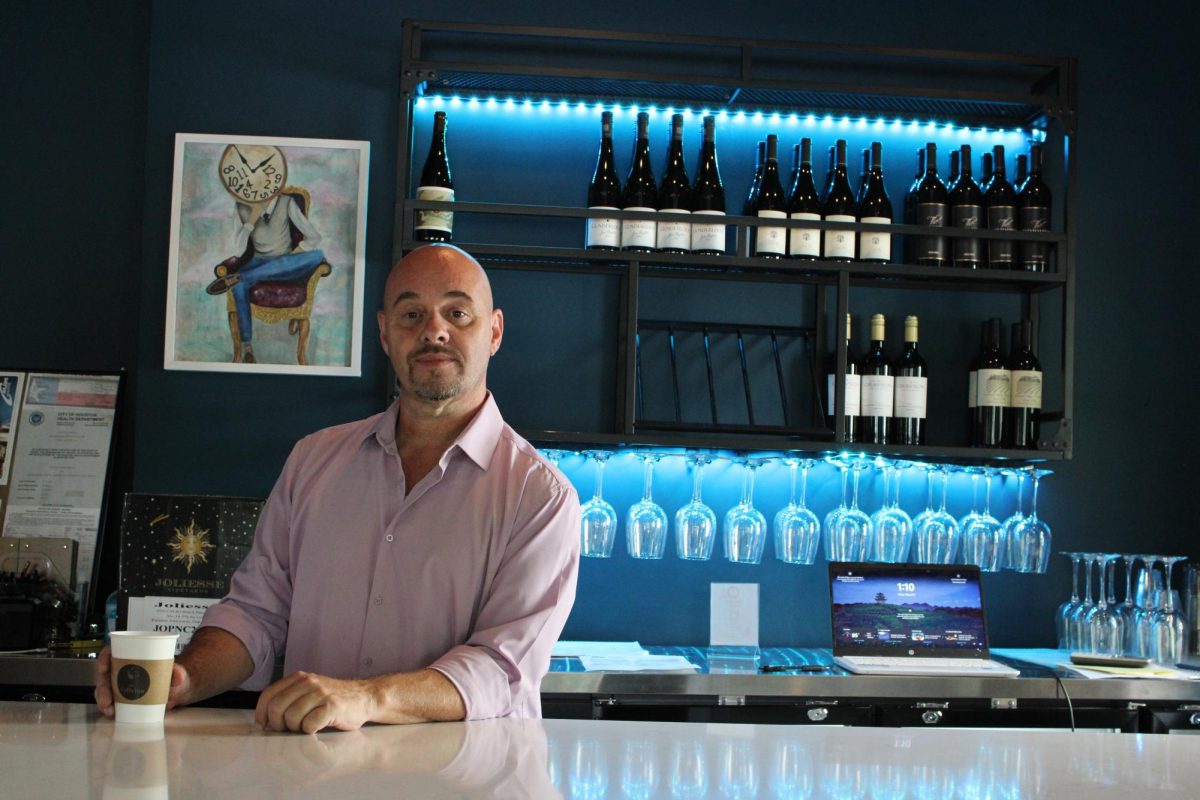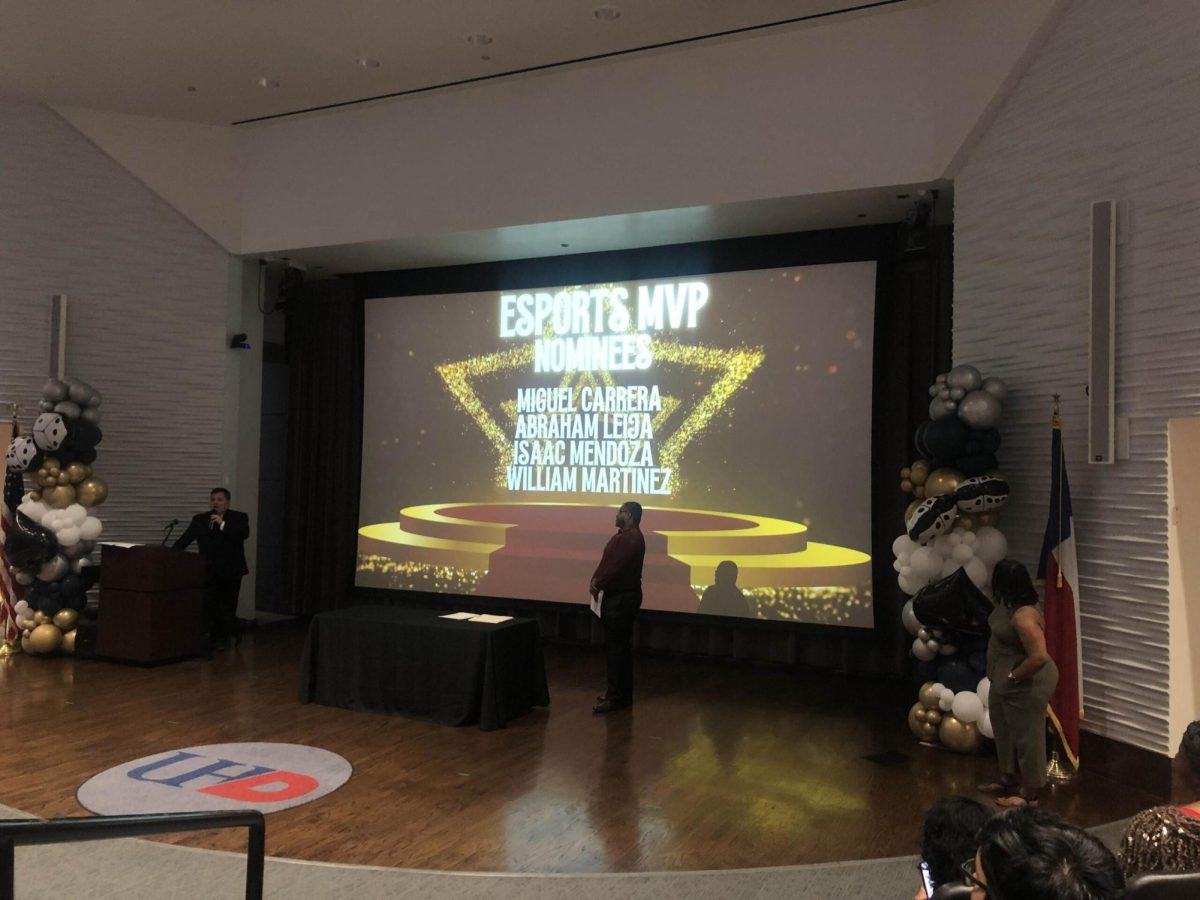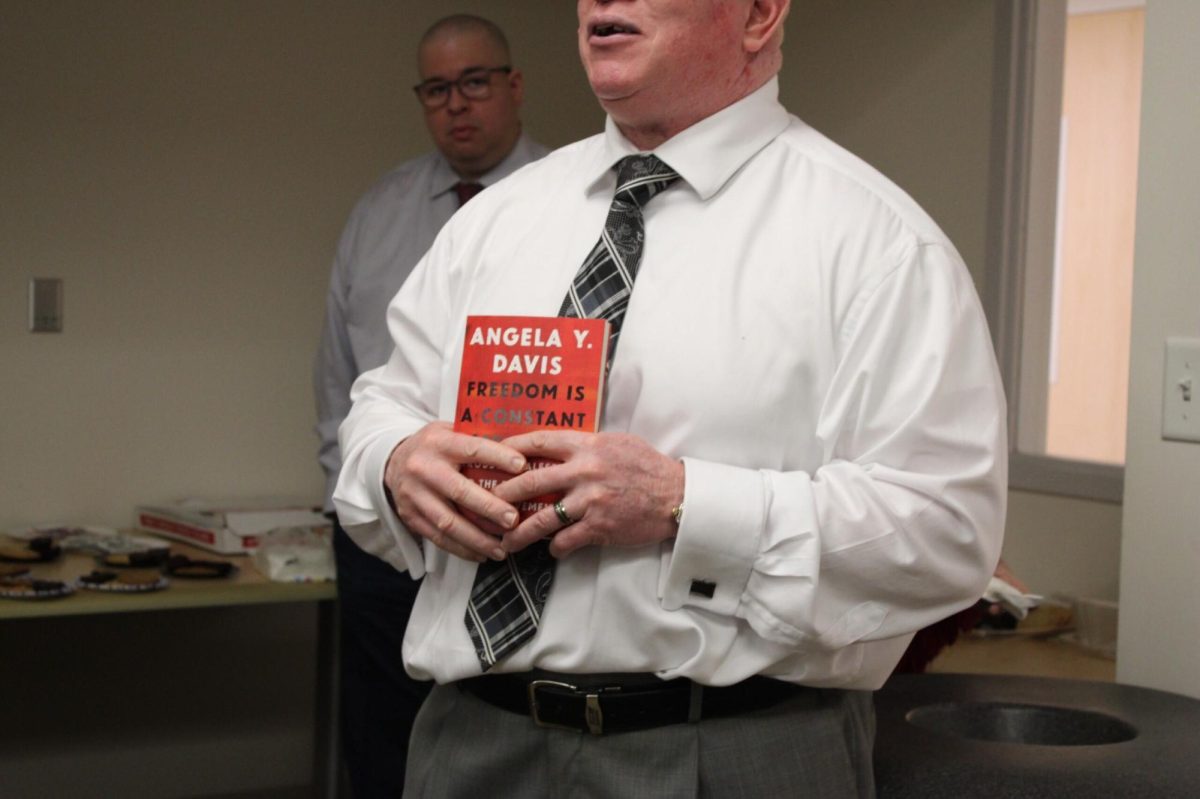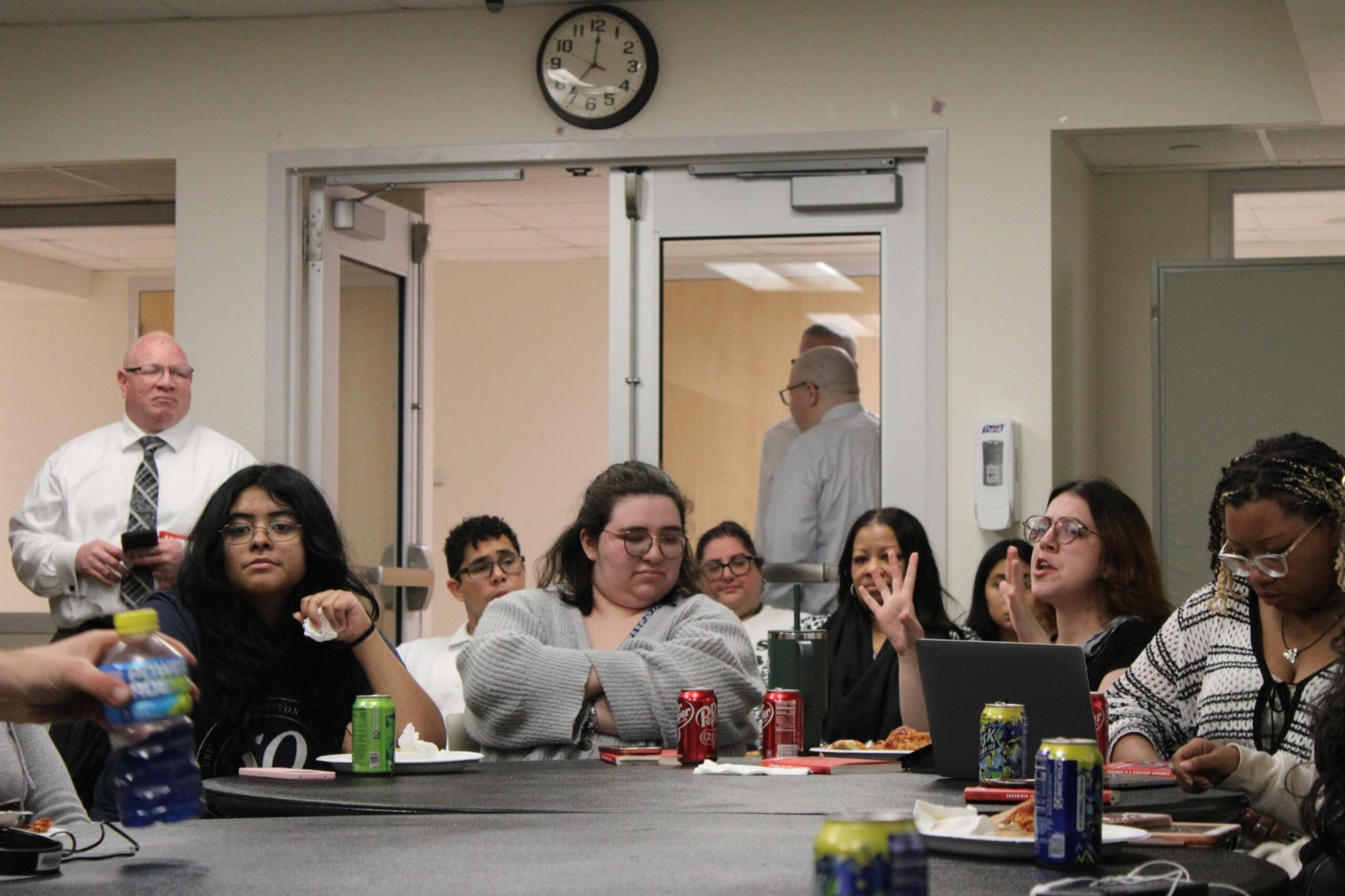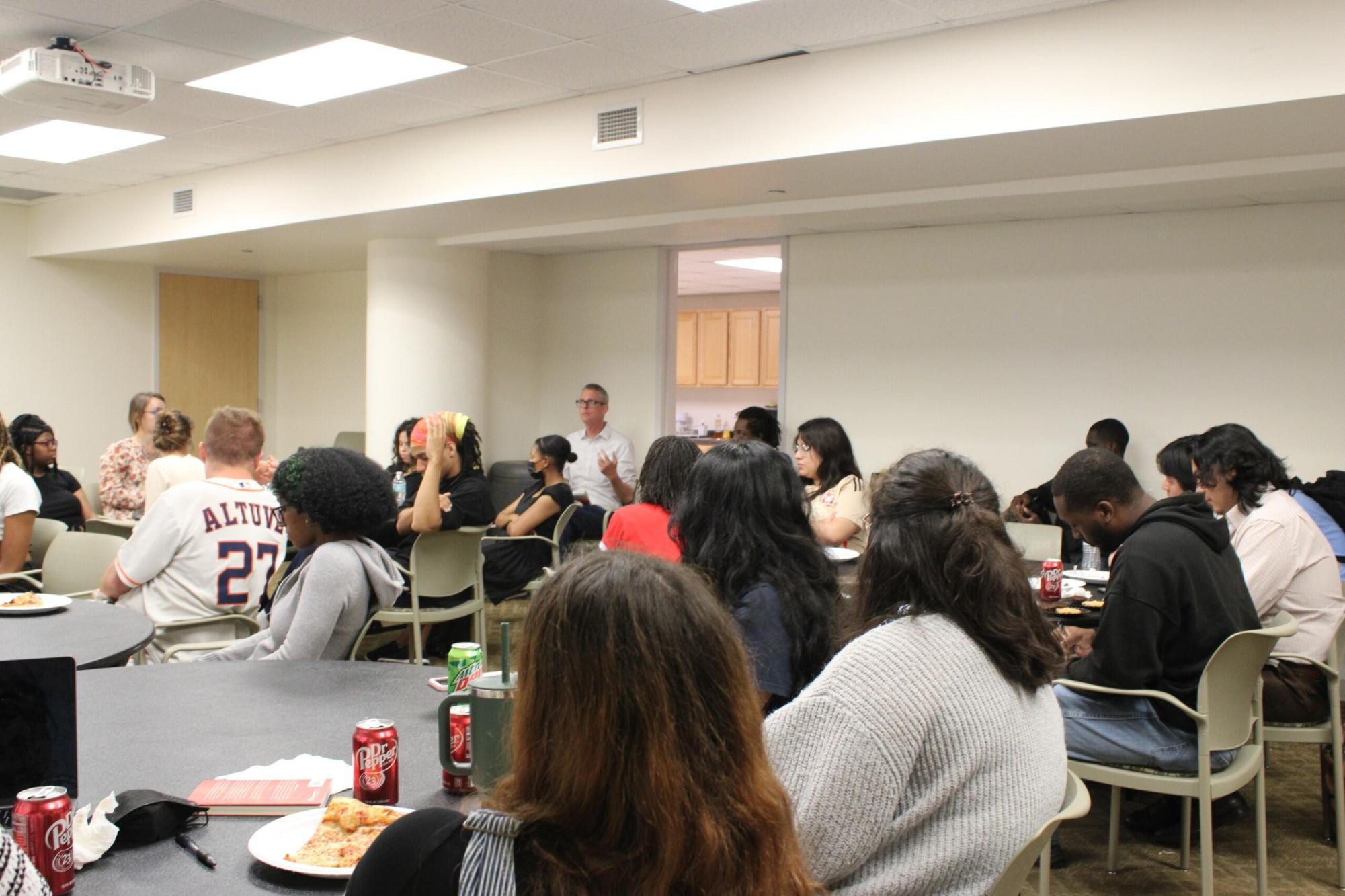The Center for Social Inquiry & Transformation and the Feminist Literature Club hosted a reading group on March 31 for Angela Davis’ book, “Freedom is a Constant Struggle.” The conversation, led by UHD Associate Professor of History, Humanities and Languages, Sharin Elkholy, provided an in-depth look at the intersectionality between various issues we are currently seeing throughout the world.
“This book is a great blueprint for how one can organize and see connections between struggles in order to make change,” Elkholy stated.
One of the main focuses of Angela Davis’ book and the reading group discussion was the way we look back at history and pin movements to a handful of faces. A prominent example mentioned was Barack Obama. Reflections were made on people who are under the impression that the United States is now in a post-racial society because it had a Black American as president.
What Davis encourages, and what many attendants agreed with, is the need to start viewing movements as more of a collective effort rather than to shine a spotlight on one person.
Claudia Chapelle, Vice President of the Feminist Literature Club, emphasized the need to push forward and do more despite having witnessed how impactful Barack Obama’s election was for her community at a young age. She adds that when a “leader” of a movement reaches a feat or is gone, people scramble for the next step due to having previously relied on a figure to be the face of said movement.
“She’s [Davis] kind of being like ‘We have to get past looking for a male figure—a Black male figure–to be the sign of change.’ She also says, ‘Instead of looking at the men, you should look at working-class Black women because they are very important within the movement.'”
Even Barack Obama, despite symbolism in terms of his race in the position he was elected for, has much to be criticized for, which Elkholy and others pointed out. Beyond the symbolism that came with his election, his position as head of U.S. imperialism and colonialism dissuades progressives and activists such as Davis from idolizing him.
Despite representation in the White House, Obama took on his occupation as U.S. president, which is to be Commander in Chief of the U.S. military, among many other roles that had catastrophic effects on other nations.
“A single individual is not going to flip over or destroy these mechanisms that are so deeply and structurally imbued,” Elkholy added.
The conversation continued to other names of male figures who are more circulated in conversations about movements compared to their female counterparts, such as Martin Luther King Jr., Emmett Till, and Abraham Lincoln.
When talking about Emmett Till, the conversation turned to its other focus: the fabrication of stories concerning sexual assault for the state to paint a person or entire population as an enemy and aim to annihilate them. This was seen with the accuser of Emmett Till and the fabricated story that was posted by the New York Times about the rape of Israeli women by Hamas, a Palestinian resistance group, on Oct. 7, 2023.
Davis has been a staunch supporter of Palestinian liberation since her time working with the Black Panthers in the 70s. Attendants connected Davis’ views on prison abolition and Palestinian liberation.
Attendants pointed out that despite glaring issues of sexual assault in its prison industrial complex that are not acknowledged, the U.S. takes stories such as the one posted in the New York Times and blows them out of proportion as if the country could not fathom such a concept.
The conversation also covered the U.S.’s role in oppressing Palestinian people, how U.S. police officers are trained by Israeli forces and its ties back to Davis’s prison abolition beliefs, and the opinion that the U.S., a capitalist system, will protect any state that can benefit its own interests, even if it means fueling and propagating exaggerated stories. Even if it means going as far as to criminalize university students who find these actions wrong.
The consensus that was reached is that the U.S. prison industrial complex crosses international borders and aids the subjugation and oppression of people overseas.
Students state that they are witnessing the rights of marginalized groups in the U.S. being threatened more and more with every passing day that passes. Conversations, such as this one with Elkholy, serve a purpose to remind the students of the need to address current issues, especially in educational settings where the information taught is changing and places of belonging and community are erasing.
Student organizations, such as CSIT and Feminist Literature Club, use university and college campuses as hotspots for protests all over the country to emphasize the need to create these crucial conversations, which they hope will continue.

